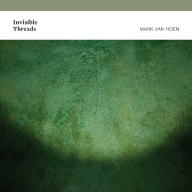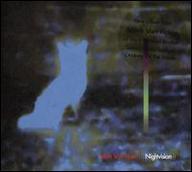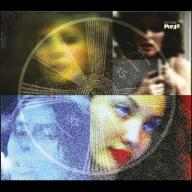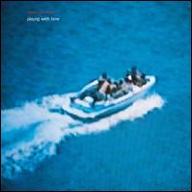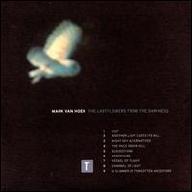Van Hoen quoted Steve Reich, David Sylvian, Kraftwerk, and Brian Eno as early influences and later pursued paths of creative conception opened up by John Coltrane and Karlheinz Stockhausen. Although earlier releases focused on sprawling, mostly beatless experimental soundscapes, he eventually incorporated elements of breakbeat styles such as trip-hop and jungle -- mostly in terms of production techniques, as opposed to aesthetic qualities, and with a decidedly Locust flair. Truth Is Born of Arguments was the first release of this sort, and included heavy, distorted percussion and complex, looping polyrhythms similar to -- although much more sluggish than -- those found in drum'n'bass.
The producer split his creative activity between Locust and a number of ongoing collaborative ventures, among them Autocreation (techno) and Involution (post-techno experimental electronic), the latter with Seefeel frontman Daren Seymour. He also completed a number of remixes for Love and Rockets, Seefeel, and As One, among others, and incorporated elements of multimedia and performance art into his live appearances. Van Hoen released several recordings under his birth name, including Last Flowers from the Darkness (1996), Playing with Time (1999), The Warmth Inside You (2004), and Where Is the Truth (2012). A 2013 session for WFMU prompted Van Hoen and collaborator Louis Sherman to reactivate Locust for You'll Be Safe Forever (2013). Van Hoen, active as ever, joined Neil Halstead and Nick Holton for Black Hearted Brother, and was then a driving force behind Children of the Stones; both groups released albums. Van Hoen and Sherman subsequently returned as Locust for After the Rain (2014). A cassette-only compilation of early works titled The Worcester Tapes, 1983-1987 (2015) and the proper Van Hoen album Nightvision (also 2015) followed, respectively, on the Tapeworm and Saint Marie labels. ~ Sean Cooper & Andy Kellman, Rovi


